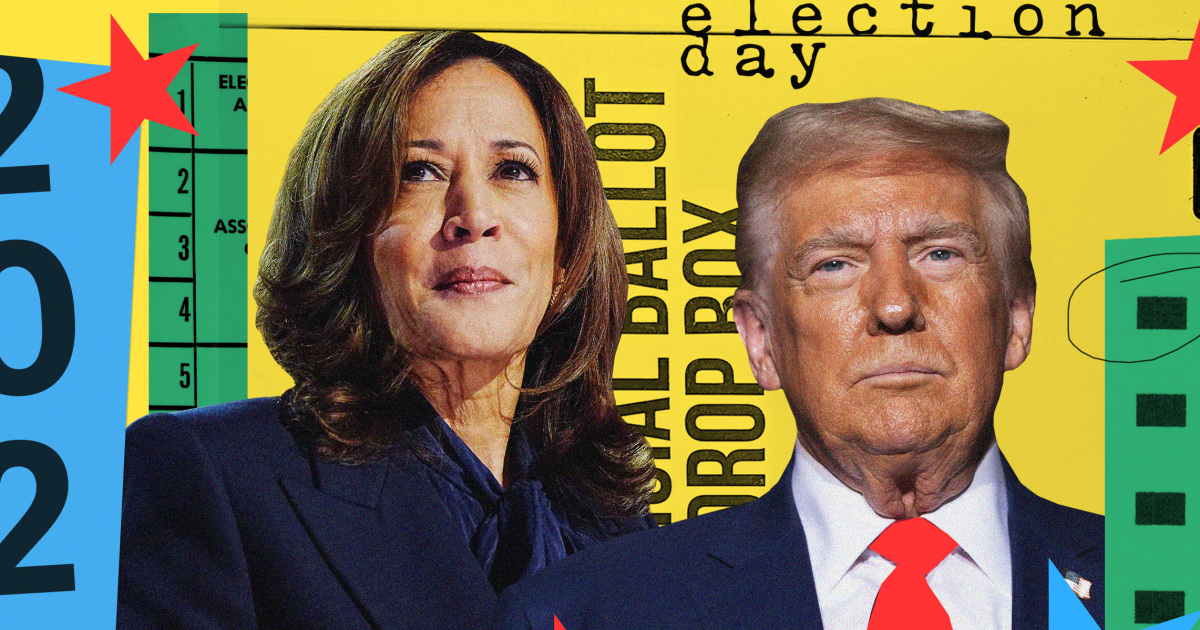


As the FBI investigates Russia’s possible role in hoax bomb threats against polling stations in five swing states, Moscow already stands accused of orchestrating bomb threats against polling sites in an election in Europe.
Germany yesterday blamed Russia for trying to prevent Moldovans abroad from casting ballots in the country’s presidential election last week, through bomb threats and other forms of voter intimidation.
Germany’s foreign minister, Annalena Baerbock, said Russia had carried out a “massive, coordinated attempt” in Moldova to interfere in the election against a pro-Western candidate.
Bomb threats targeted several polling stations in Germany, including in Hamburg, Frankfurt, Kaiserslautern and Berlin, where expatriate Moldovans were due to vote, German officials said.
Despite the Russian interference efforts, which included an extensive disinformation campaign, Moldova’s pro-Western president, Maia Sandu, won a second term.
“It’s not totally clear yet, but there seems to be a playbook here,” said Bret Schafer, a senior fellow at the Alliance for Securing Democracy at the German Marshall Fund.
Schafer co-wrote an analysis published this morning that warned Moscow might try the same approach on America’s Election Day as it did in Moldova.
“The Kremlin is known for testing disinformation strategies in its ‘backyard’ before applying those strategies globally,” the report said.
Russia has denied trying to interfere in the U.S. and Moldovan elections.
The FBI said that it was aware of hoax bomb threats targeting polling places and election offices in five battleground states and that the threats in four of those states came from Russian email domains.
The emails and threats were similar in language and structure, according to a senior FBI official and a senior law enforcement official.
If it is found to have been carried out by Moscow, the flurry of bomb threats would represent a major escalation in Russia’s election interference efforts in the U.S., far beyond its previous spread of false claims about voter fraud, experts said.